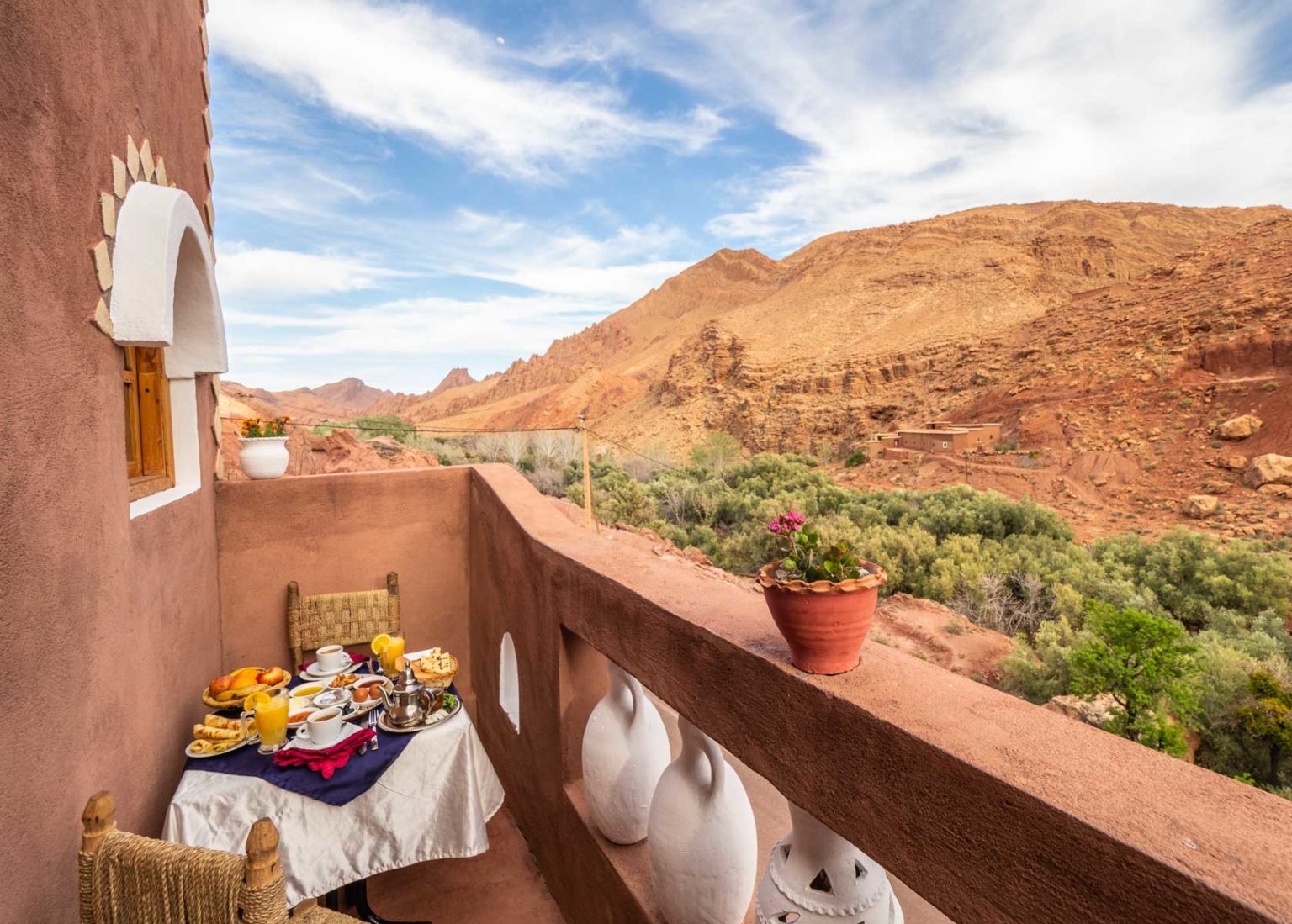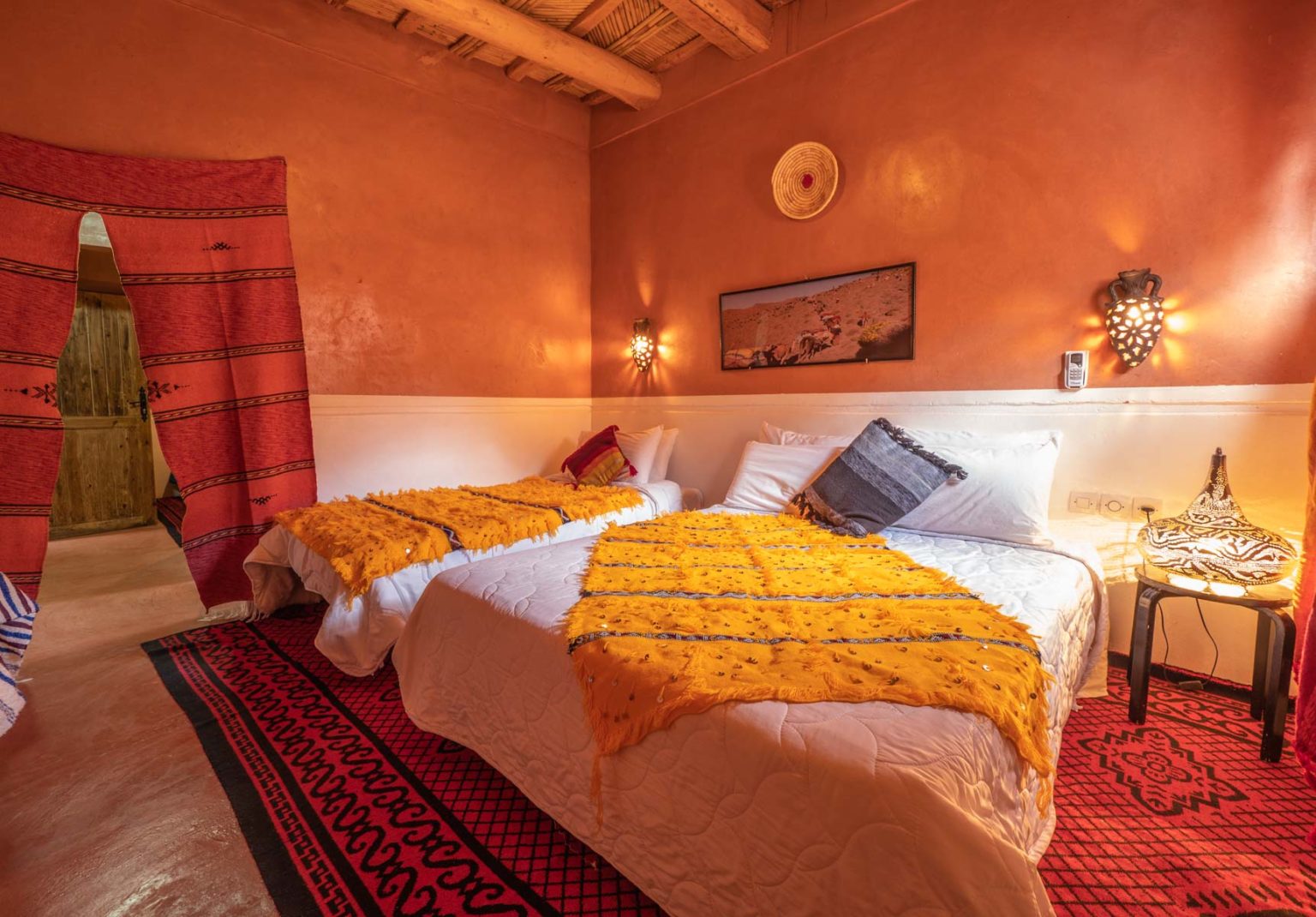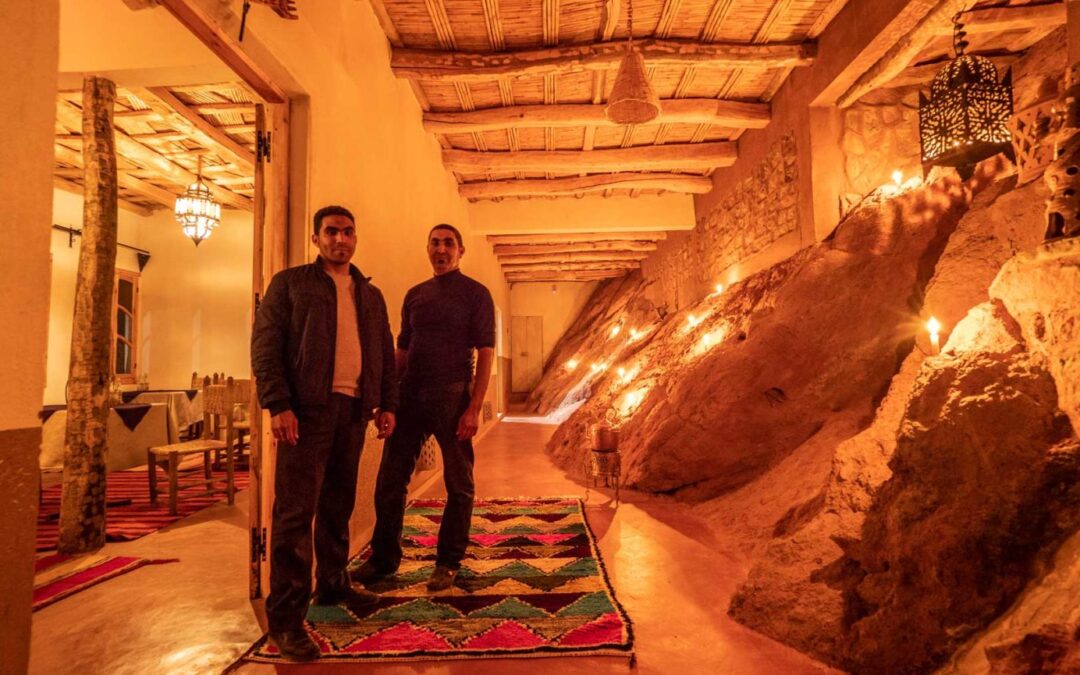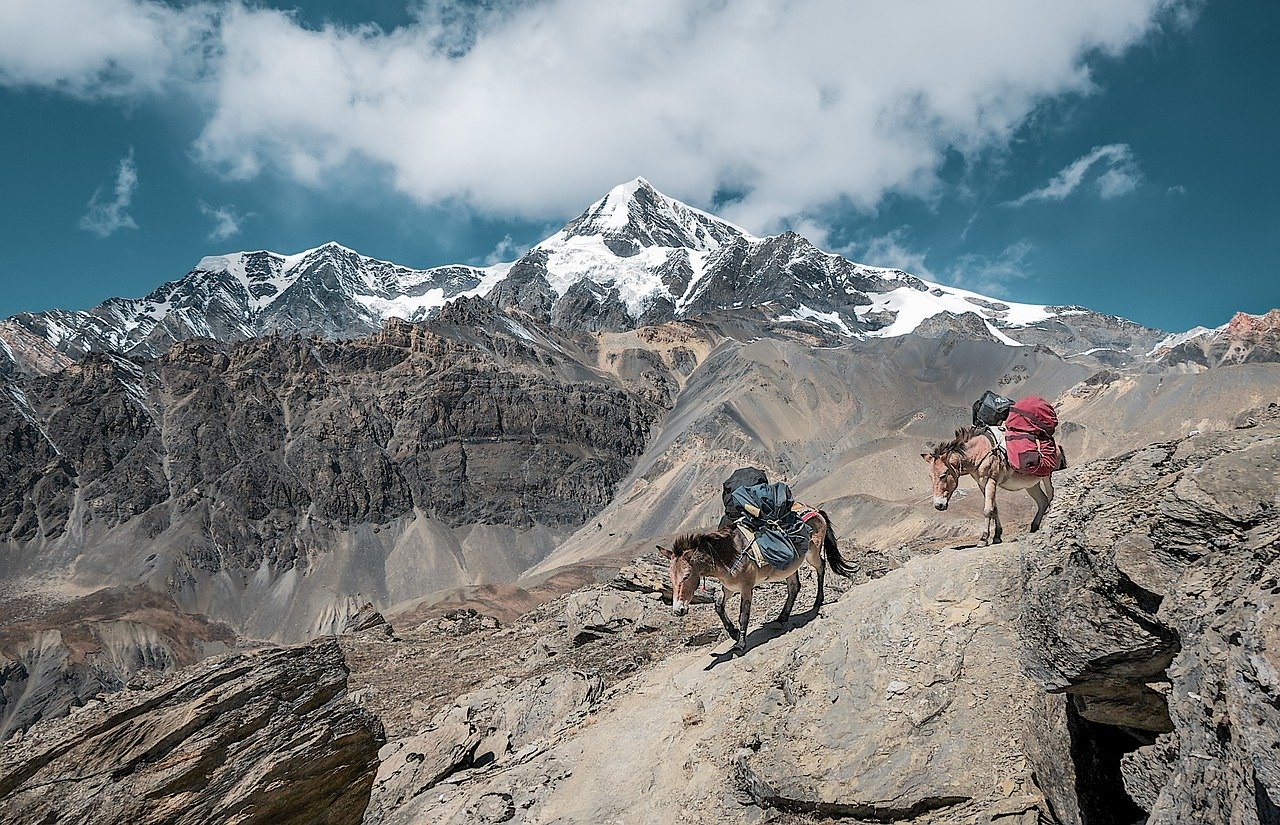
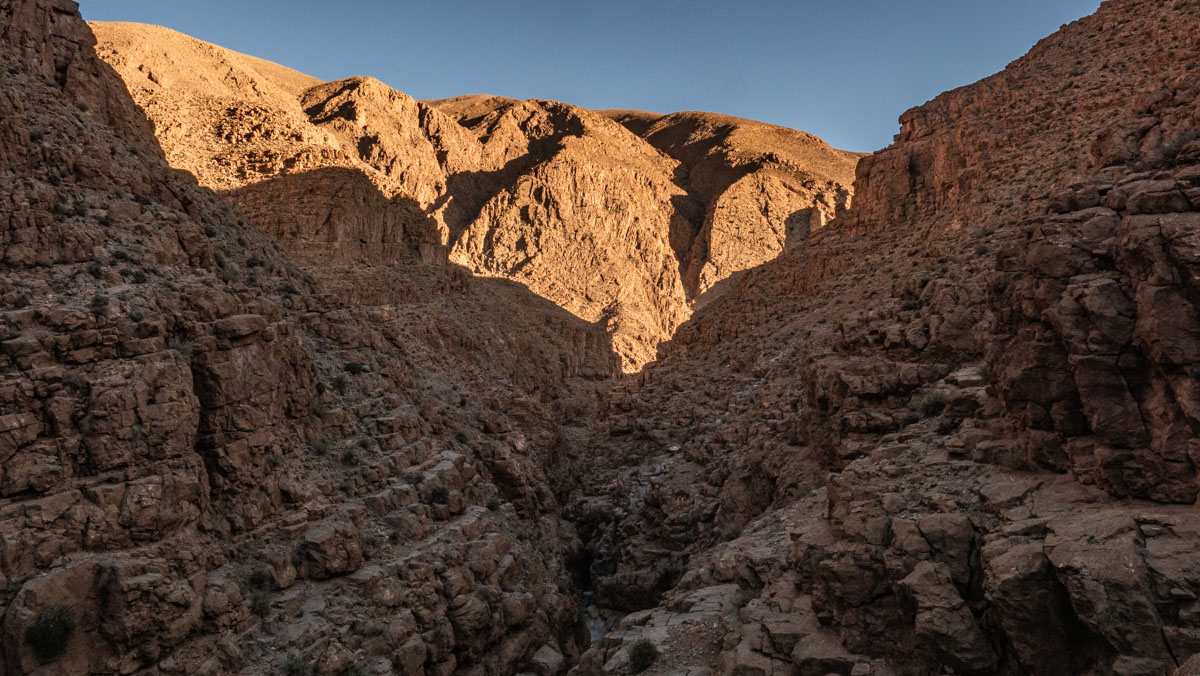
The Berber Language and Its Role in Moroccan Society
Morocco is a country rich in cultural diversity, with the Berber language playing a significant role in shaping its society. The Berber language, also known as Tamazight, is the indigenous language of the Berber people in North Africa. In this article, we will explore the importance of the Berber language in Moroccan society and its connection to the unique cultural heritage of the country.
History of the Berber Language
The Berber language has a long and storied history, dating back thousands of years. It is believed to be one of the oldest languages in North Africa, with various dialects spoken across different regions. Despite centuries of outside influence, the Berber language has managed to survive and thrive, thanks to the resilience of the Berber people.
Cultural Significance
The Berber language is not just a means of communication; it is a symbol of cultural identity for the Berber people. It is deeply intertwined with their traditions, beliefs, and way of life. Through the Berber language, stories are passed down from generation to generation, preserving the rich oral history of the Berber people.
Role in Moroccan Society
In Moroccan society, the Berber language plays a crucial role in bridging the gap between the past and the present. While Arabic is the official language of Morocco, the Berber language is recognized as a national language, reflecting the government’s efforts to preserve and promote the country’s cultural diversity.
Many Berbers in Morocco speak both Berber and Arabic, allowing them to navigate between different cultural spheres with ease. This bilingualism is a testament to the cultural fluidity of Moroccan society, where diverse linguistic traditions coexist harmoniously.
Auberge Atlas Dades: Embracing Berber Culture
For travelers looking to immerse themselves in Berber culture, a visit to Auberge Atlas Dades is a must. This charming guesthouse is nestled in the picturesque Dades Valley, offering a unique opportunity to experience traditional Berber hospitality.
At Auberge Atlas Dades, guests can enjoy authentic Berber cuisine, participate in cultural activities, and even learn basic phrases in the Berber language. The warm and welcoming atmosphere of the guesthouse provides a glimpse into the daily life of the Berber people, creating unforgettable memories for visitors.
Exploring Berber Villages
One of the highlights of a visit to Auberge Atlas Dades is the chance to explore nearby Berber villages. These quaint settlements offer a glimpse into the traditional way of life of the Berber people, with mud-brick houses, narrow alleyways, and vibrant marketplaces.
Visitors can interact with locals, learn about traditional crafts such as carpet weaving and pottery, and witness the beauty of Berber architecture. The Berber villages surrounding Auberge Atlas Dades are a treasure trove of cultural heritage, waiting to be discovered by curious travelers.
Preserving Berber Heritage
As Morocco continues to modernize and develop, there is a growing awareness of the need to preserve Berber heritage for future generations. Organizations such as Auberge Atlas Dades play a vital role in promoting and safeguarding Berber culture, ensuring that its unique traditions and language endure for years to come.
Through initiatives such as cultural exchanges, educational programs, and community outreach, Auberge Atlas
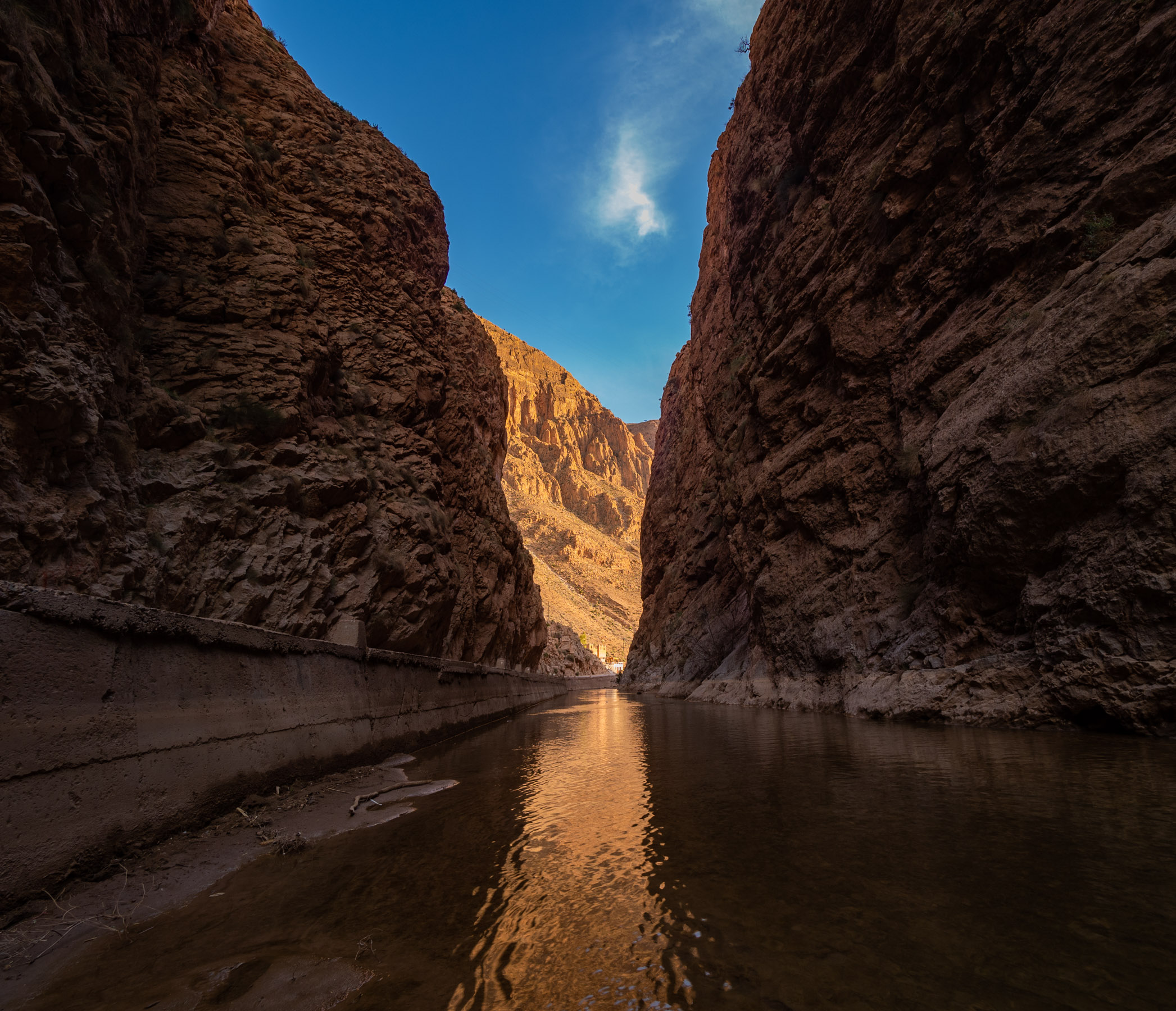
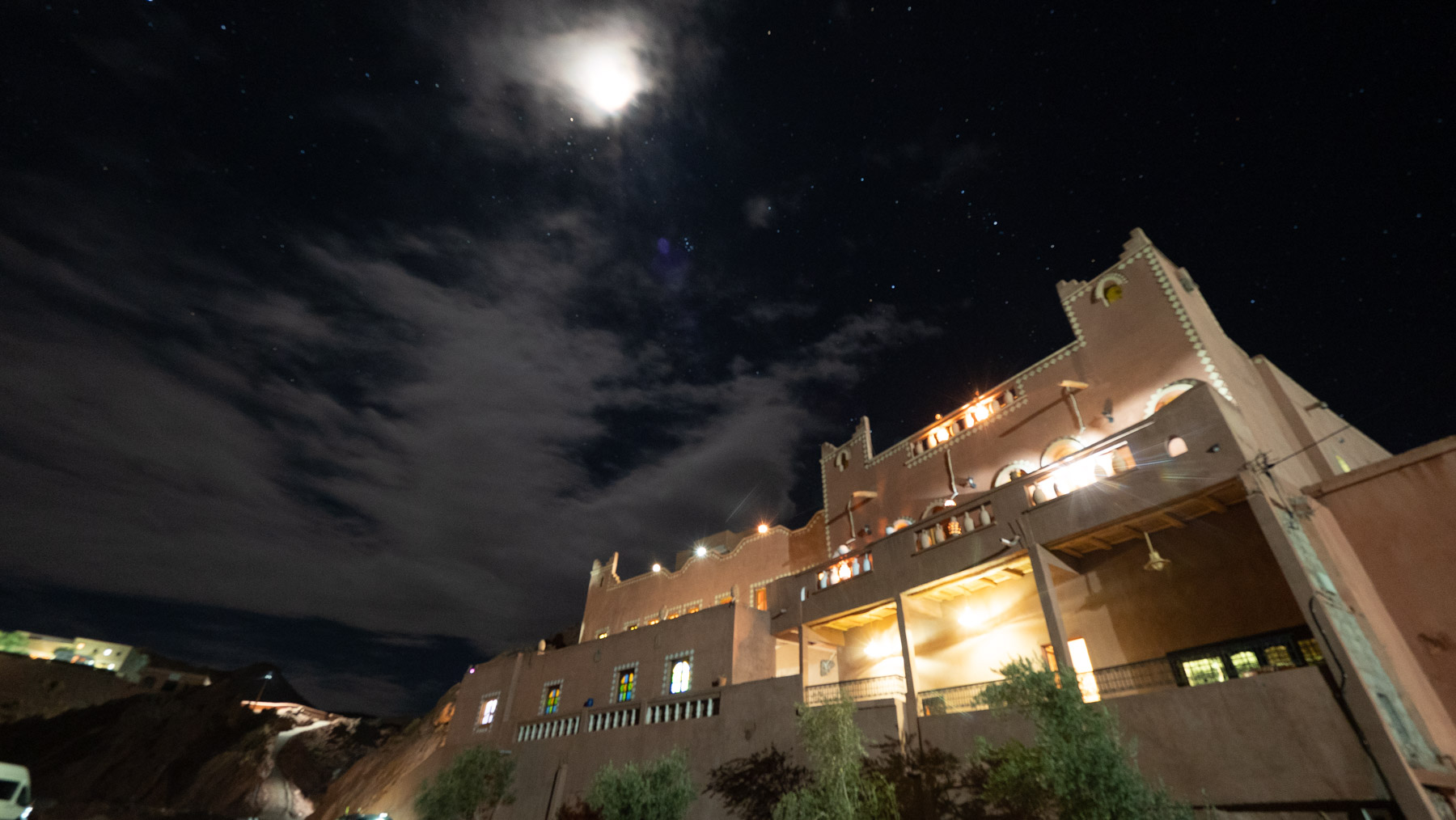
Understanding the Berber Language
When traveling to Morocco, it’s essential to have a basic understanding of the Berber language, as it plays a significant role in Moroccan society. The Berber language, also known as Tamazight, is spoken by the Berber people who are the indigenous inhabitants of North Africa. To truly immerse yourself in the rich culture of Morocco, consider learning a few key phrases in Berber.
Engage with the Locals
Interacting with the locals in their native language can greatly enhance your travel experience. Greetings such as “Salam” for hello and “Asakran” for thank you, can go a long way in establishing a connection with the Berber community. Don’t be afraid to ask questions and show interest in their language and traditions.
Role of the Berber Language in Moroccan Society
The Berber language is not only a means of communication but also a symbol of cultural identity for the Berber people. Despite the prevalence of Arabic in urban areas, Berber remains a vital part of Morocco’s heritage. Understanding the Berber language can provide insights into the history, traditions, and values of the Berber community.
Respecting the Language
When engaging with the Berber language, it’s important to show respect for the culture and its significance. Avoid using the language in a superficial or disrespectful manner. Instead, approach it with genuine curiosity and a desire to learn more about the Berber way of life.
Exploring Berber Culture
To truly appreciate the role of the Berber language in Moroccan society, consider exploring Berber villages and attending cultural events. Witnessing traditional Berber music, dance, and craftsmanship can provide a deeper understanding of the cultural richness that the language embodies.
Learning Opportunities
Take advantage of language classes or cultural workshops that focus on the Berber language. These experiences can not only enhance your travel experience but also contribute to the preservation of the Berber heritage. By learning the language, you can actively participate in keeping the Berber culture alive.
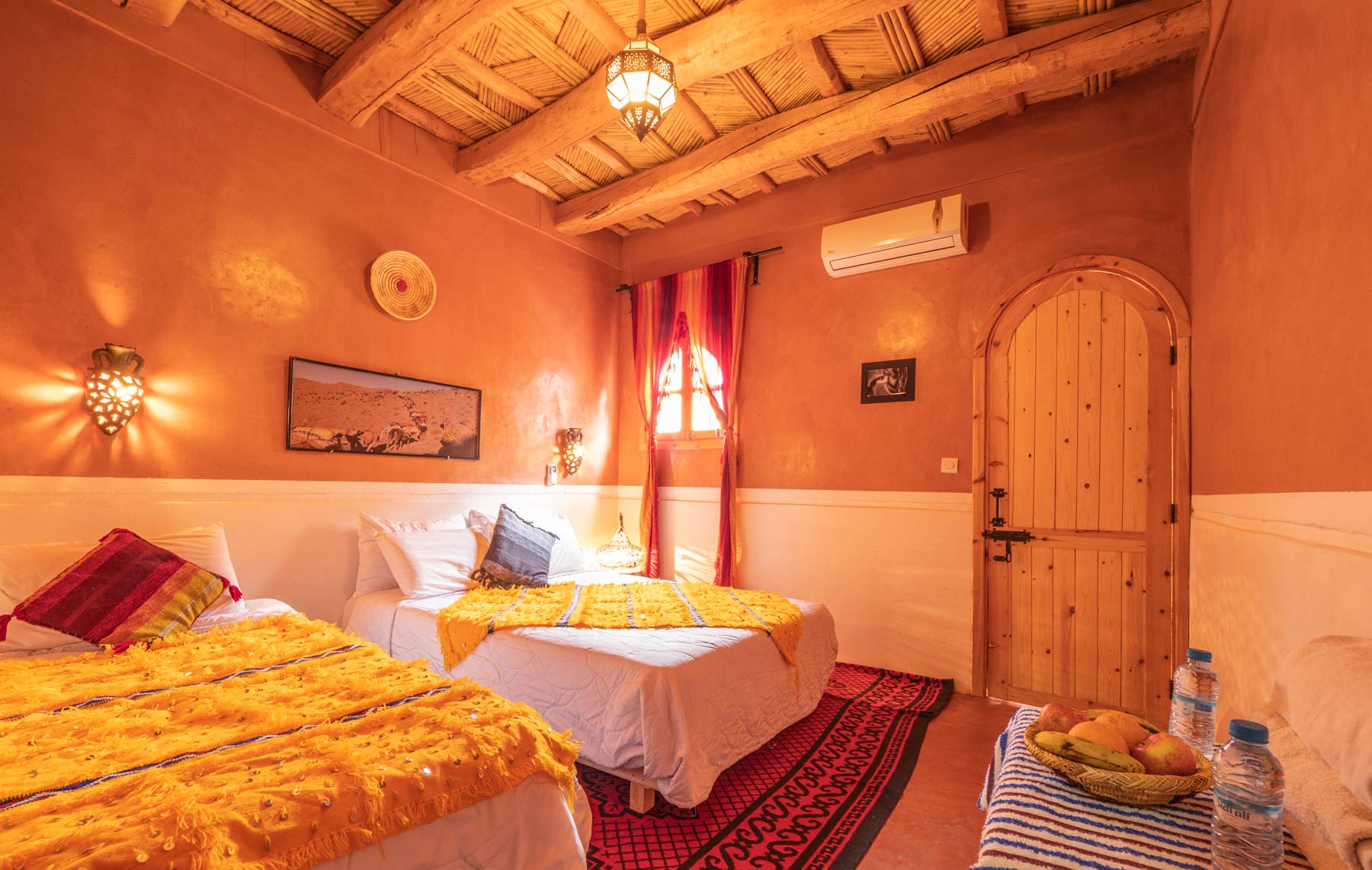
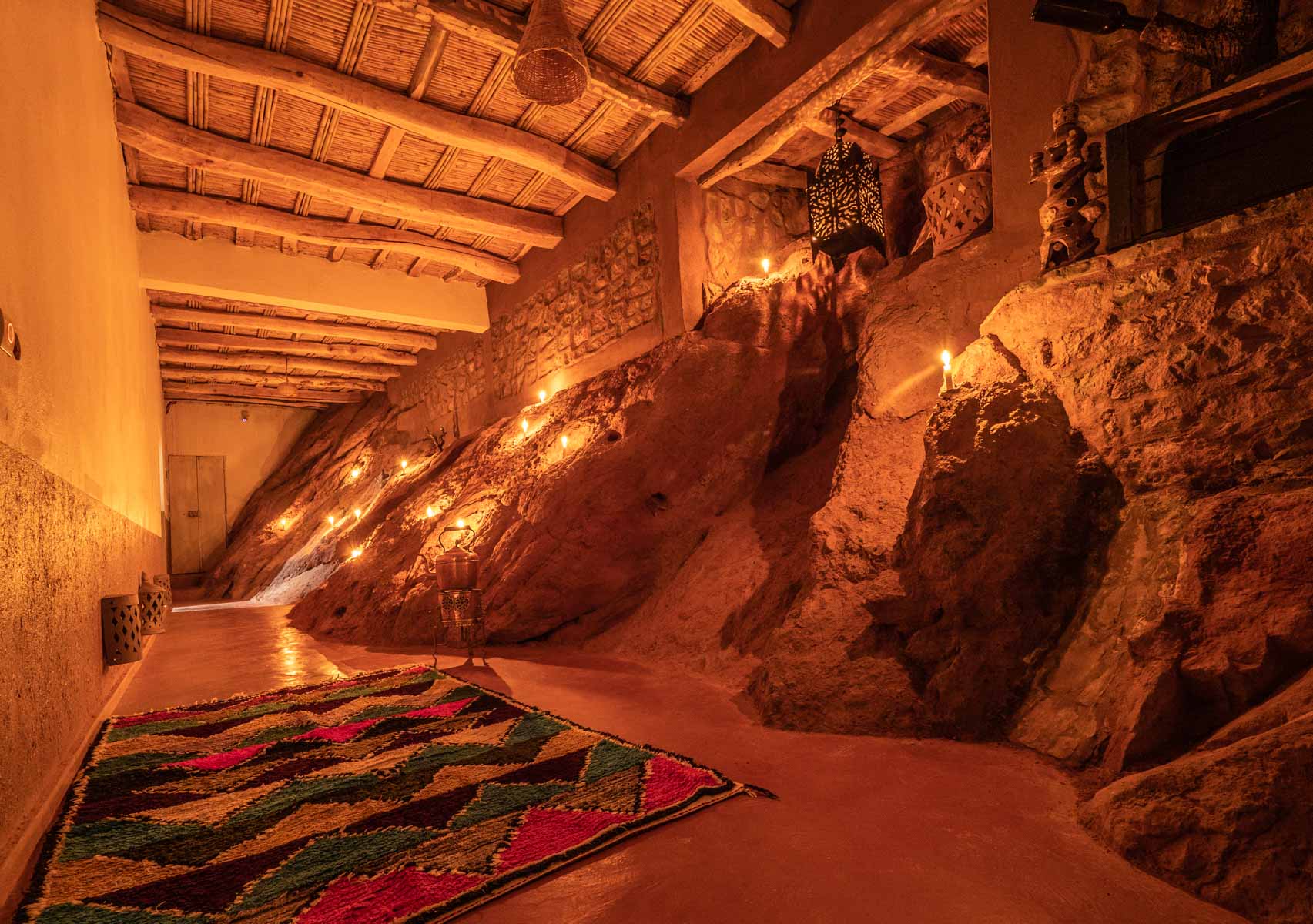
Exploring the Berber Language in Moroccan Society
When embarking on a journey through the vibrant tapestry of Moroccan culture, one cannot overlook the rich tapestry of the Berber language and its profound impact on society. Berber, also known as Amazigh, is the ancestral language of Morocco, spoken by the indigenous Berber population across the country.
The Heritage of Berber Language
The Berber language holds a significant place in Moroccan history, reflecting the deep-rooted traditions and customs of the Berber people. Its origins can be traced back thousands of years, representing a unique linguistic heritage that has withstood the test of time.
Cultural Significance
As a language deeply intertwined with the cultural fabric of Morocco, Berber plays a crucial role in preserving the identity and heritage of the Berber communities. From intricate weaving patterns to traditional music and storytelling, the Berber language serves as a vessel for passing down age-old traditions from one generation to the next.
Community Unity
One of the most compelling aspects of the Berber language is its ability to foster a sense of community unity among the diverse Berber tribes scattered throughout Morocco. Through shared linguistic roots, Berber speakers find a common bond that transcends geographical boundaries and unites them in a shared cultural heritage.
Modern Revival
In recent years, there has been a resurgence of interest in the Berber language, fueled by a growing awareness of the need to preserve indigenous languages and cultural diversity. Efforts to promote Berber language education and cultural initiatives have helped revitalize its use in various spheres of Moroccan society.
Impact on Moroccan Society
The Berber language’s presence in Moroccan society extends beyond cultural heritage, influencing art, literature, and even politics. By embracing and celebrating the diversity of languages within the country, Morocco showcases its commitment to inclusivity and respect for its multicultural roots.
Exploring Berber Communities
For travelers seeking a deeper understanding of Moroccan culture, immersing oneself in Berber communities offers a unique opportunity to experience the living legacy of the Berber language. From rural villages nestled in the Atlas Mountains to bustling marketplaces in Marrakech, the influence of Berber culture is palpable.

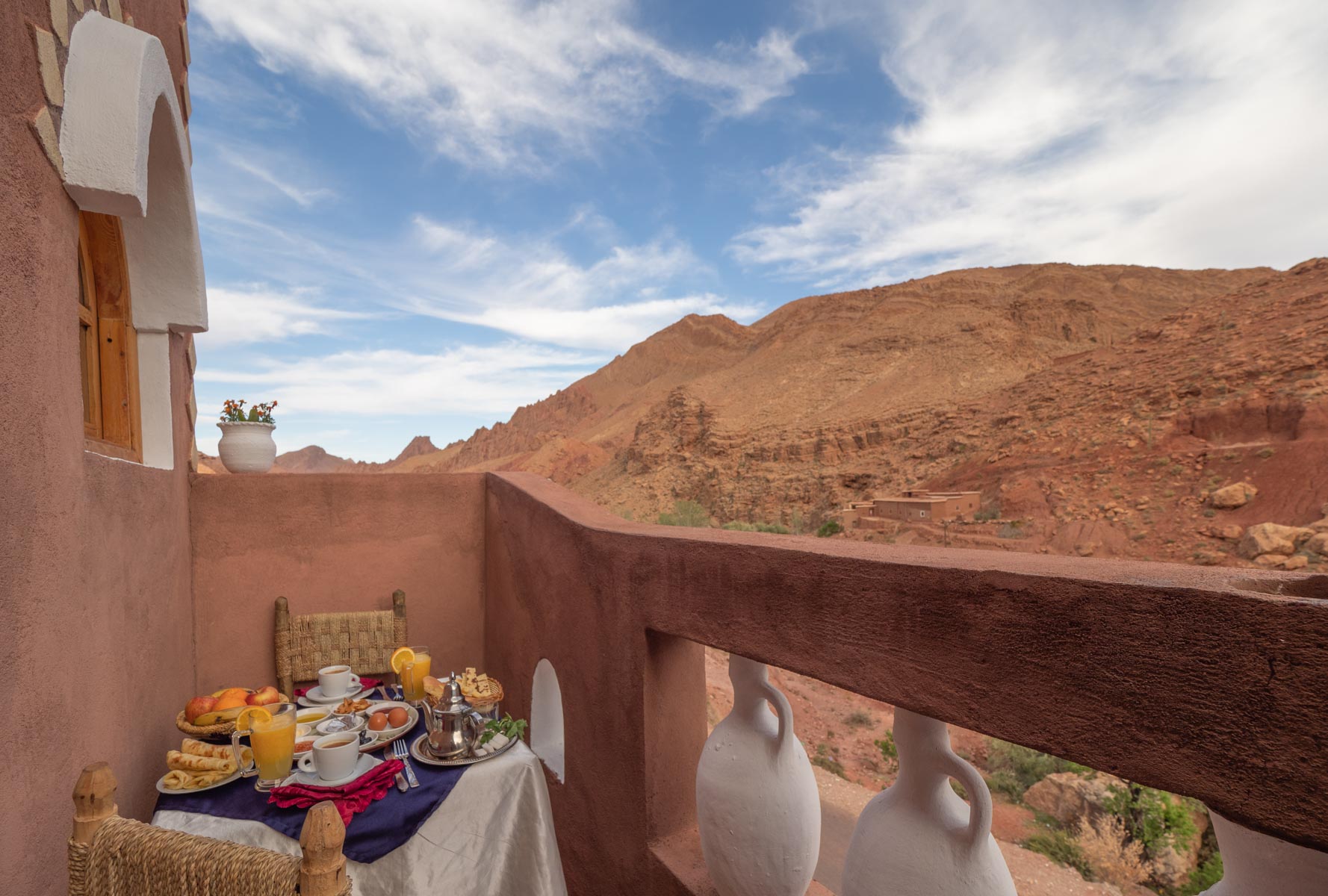
Before the Trip: Before embarking on a journey to Morocco to explore the fascinating Berber culture, it is essential to do some research and familiarize yourself with the Berber language and its significance in Moroccan society. Learning a few basic Berber phrases can greatly enhance your travel experience and interactions with the local Berber communities.
During the Trip: While in Morocco, make sure to immerse yourself in the Berber culture by visiting Berber villages, attending local festivals, and engaging with the Berber people. Don’t be afraid to strike up conversations and practice your Berber language skills – locals will appreciate your efforts and it will enrich your cultural experience.
After the Trip: After returning from your trip, consider furthering your understanding of the Berber language and culture by reading books, watching documentaries, or even taking a Berber language course. Reflect on your experiences in Morocco and how the Berber language played a role in shaping your perceptions of the country and its people.
For those looking for the perfect accommodation in Morocco to fully immerse themselves in the Berber culture, Auberge Atlas Dades is highly recommended. Situated in the stunning Dades Valley, Auberge Atlas Dades offers a unique opportunity to stay in a traditional Berber guesthouse surrounded by breathtaking landscapes.
With its warm hospitality, delicious Berber cuisine, and comfortable rooms decorated in traditional Berber style, Auberge Atlas Dades provides an authentic Moroccan experience that will leave a lasting impression. Guests can also participate in activities such as guided hikes, camel treks, and visits to nearby Berber villages, allowing them to truly connect with the local culture.
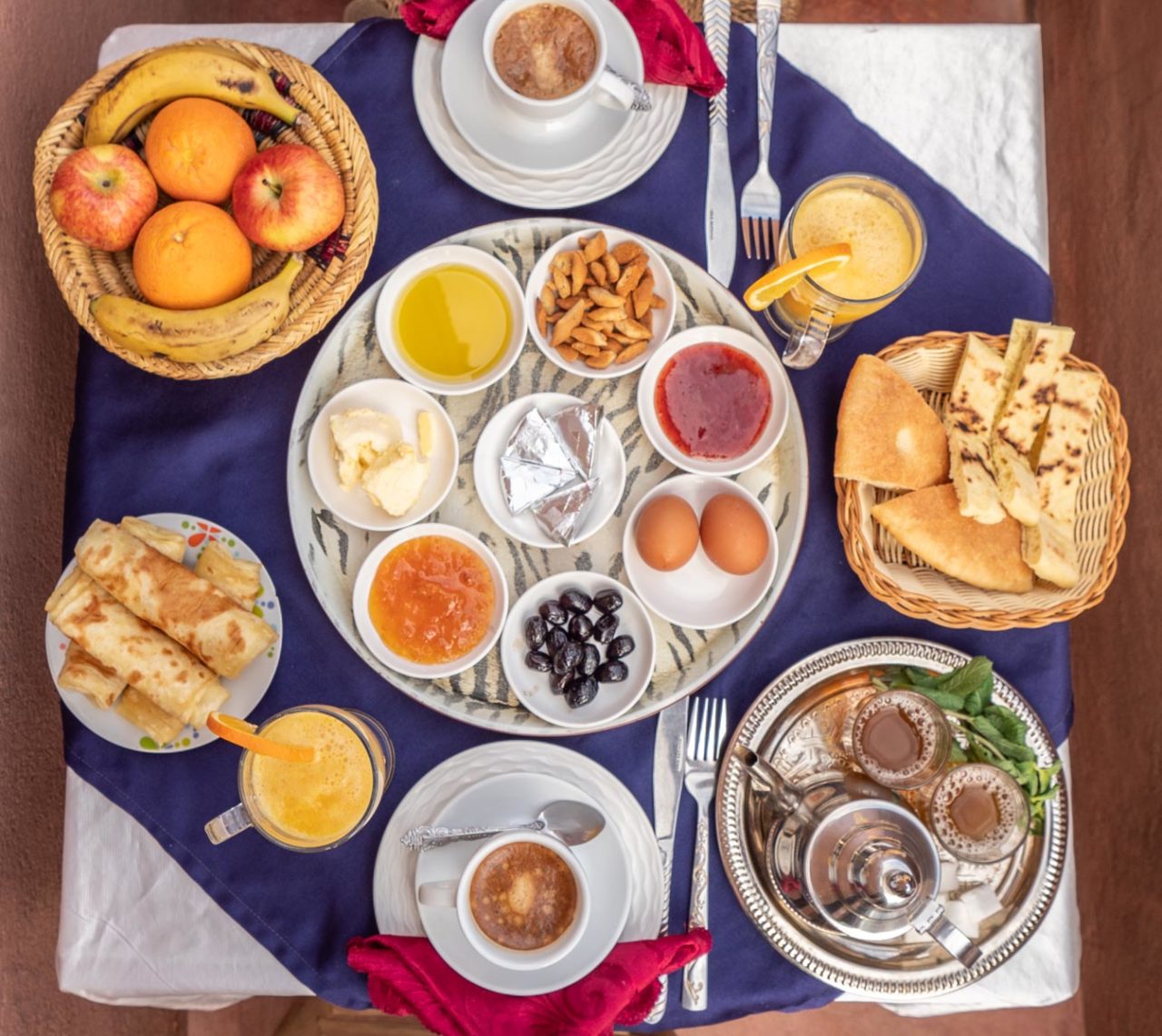


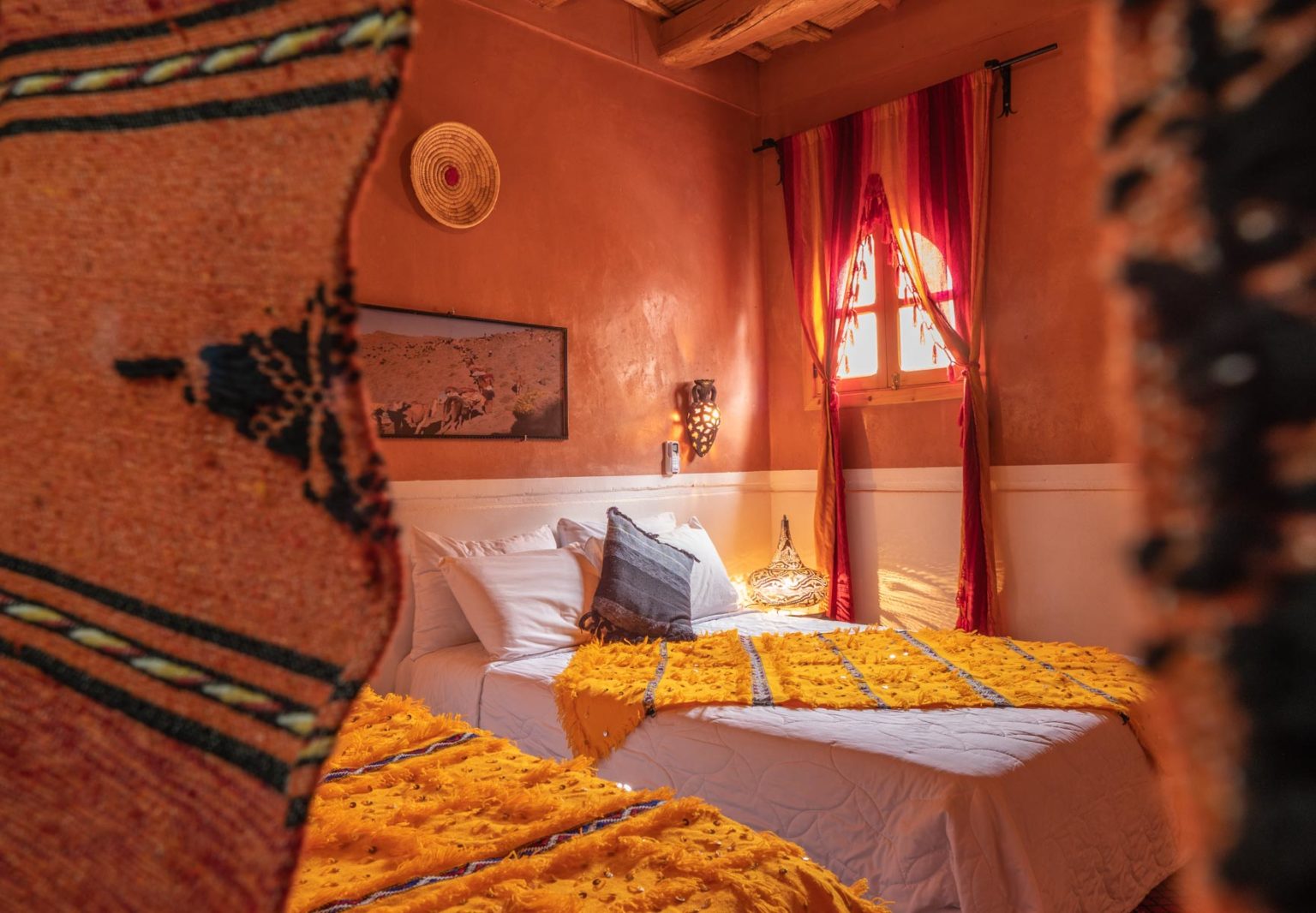
Frequently Asked Questions
1. What is the Berber language?
The Berber language is an Afro-Asiatic language spoken by various communities in North Africa, particularly in Morocco. It has a rich history and is considered one of the oldest languages in the region.
2. How is the Berber language important in Moroccan society?
The Berber language plays a significant role in Moroccan society as it is the language of the indigenous Berber population. It is a key part of the country’s cultural heritage and identity.
3. Are there different dialects of the Berber language?
Yes, there are several dialects of the Berber language spoken in different regions of Morocco. Each dialect has its own unique characteristics and variations.
4. Is the Berber language taught in schools in Morocco?
While efforts have been made to promote the teaching of the Berber language in schools, it is not yet widely integrated into the education system. However, there are initiatives to preserve and promote the language.
5. How does the Berber language influence Moroccan culture?
The Berber language influences various aspects of Moroccan culture, including music, literature, and traditional practices. It is an integral part of the country’s diverse cultural landscape.
6. Can visitors to Morocco learn and use the Berber language?
While Arabic is the dominant language used for communication in Morocco, visitors can still learn basic Berber phrases to connect with locals in certain regions. Locals appreciate the effort to speak their language.
7. Are there opportunities to experience Berber language and culture in Morocco?
Yes, there are tours and experiences available in Morocco that allow visitors to immerse themselves in Berber culture and learn about the language firsthand. These experiences offer a unique insight into Morocco’s heritage.
8. What resources are available for those interested in learning the Berber language?
There are online resources, language courses, and books dedicated to teaching the Berber language to enthusiasts. These resources can help individuals develop their language skills and understanding.
9. How has the status of the Berber language evolved in Morocco over the years?
The status of the Berber language has improved in recent years with increased recognition and efforts to preserve its heritage. It is now acknowledged as an official language in Morocco alongside Arabic.
10. What role does the Berber language play in shaping Morocco’s linguistic landscape?
The Berber language contributes to the linguistic diversity of Morocco and reflects the country’s multicultural heritage. Its presence enriches the linguistic landscape and highlights the importance of preserving indigenous languages.
